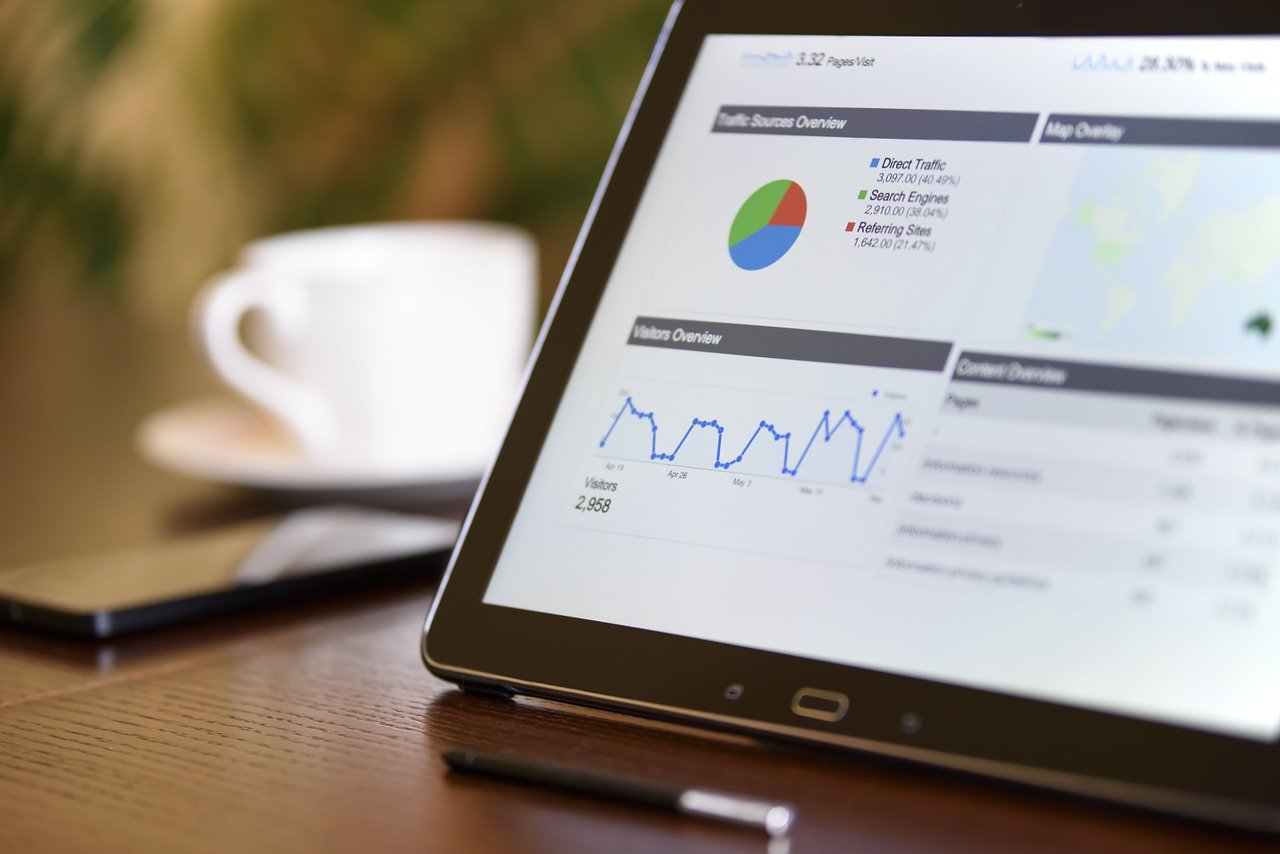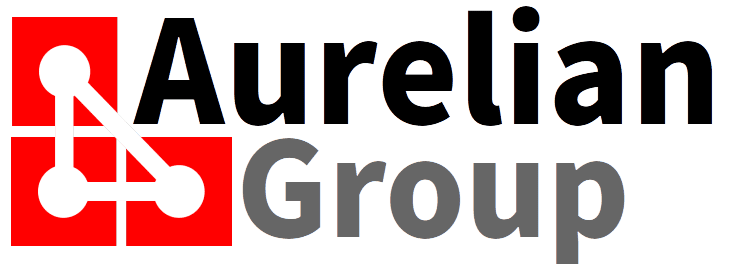The "fourth industrial revolution" is upon us. That may be true, but it will not look like what they concoct in Davos - the digital transformation will be an enabler for small business, serving their communities, and while opening trade on a global scale. "Transnational Localism" is a term suitable to describe the move toward local, small scale businesses that support their own market as well as operate globally. With a Digital Business, this is now in reach for all businesses - in fact, it is more accessible to small businesses than ever. But what is a Digital Business, and how is it going to be the essential toolkit for any business going forward?

What a Digital Business is not
The best way to describe what a Digital Business is, is to clarify first what it is not. There are many uses of the term, but they actually apply to different concepts or only describe a small component of the Digital Business.
- Social media marketing - social media marketing can be part of your Digital Business infrastructure, but by itself it is just a marketing function that may or may not be successful in your market.
- Going paperless - a paperless office, or a low paper office, is an intended consequence of the Digital Business, but it is not the main purpose, nor is it by itself a measure of success. For example, if you have every document scanned, but not available at the time you need it, for the purpose it is needed, then you may be paperless, but your Digital Business has failed.
- Online sales - online sales may or may not be part of your business - it is yet another sales channel. Online sales is not a prerequisite of a Digital Business, nor is a "bricks and mortar" store an indication of a failed Digital Business project.
- Cloud applications - cloud (the scalable infrastructure that is accessible over the Internet, where your applications and data reside) is essential to a Digital Business, in itself it isn't a Digital Business. Compare it to concrete, timber, bricks, mortar, and glass - essential to build a house, but piled up on a vacated block does not mean they form a house by themselves.

Ingredients for a SUCCESSFUL Digital Business
As you would have seen above, there are many elements that make up a Digital Business, but by themselves they are not it. What makes a Digital Business successful is not the applications themselves, or the combination of these applications, but how your process is supported regardless of your location (in the office, at the customer, outside, on the train, in a cafe, etc), and regardless of your device of choice (computer, phone, tablet).
- Applications - going digital without software is impossible. A good set of applications to cover your business processes is essential.
- Interconnected process - apps are great - but if they are not integrated into a single interconnected process, important data is not available to you when you need it. For example - your customer relationship management (CRM) system is not connected with your accounting system - If the customer has updated address details, this needs to be reflected in both the CRM and your accounting system. If you do not have insight into the invoices and payment information, you would not be aware there are invoices overdue when you're closing the next sale.
- Process automation - process automation is more than just workflow, or email auto-responders (don't worry if you are not familiar with those) - process automation enables your customers to feel like your business is a smoothly operated, highly efficient operation. For example - being able to create a customer support ticket directly from an incoming email, or create a complex proposal document based on the information (variables) stored in CRM.
- Scalability - when your business grows, the requirements on the system will grow. This is both from a technical scalability, as well as process scalability perspective. For example - the system will need to process x times more transactions than today - which is the technical scalability. The process scalability comes to light when your processing time and effort for, for example, invoices is high - say 10 minutes per invoice. If you process 100 invoices per week, that is 1000 minutes, or over 16 hours - that is 2 days in the week gone!
- Availability - availability can affect your business in two ways - first, the software server - if that is down, there is nothing. Second, your access at the location where you need it, and on a device that is appropriate for that purpose. The cloud application architecture is designed with redundant availability in mind, as well as mobile first strategies (note: mobile first does not mean you have to use a smartphone to use the system - the mobile component is in reference to you, the user of the software. Wherever you are, you can access your business systems securely to perform appropriate business tasks). For example, you could create an invoice from your smartphone, after your job is finished on customer site.
- Usable - sure, it needs to be "user friendly", which is intuitive to use, or at least easy to learn. But usable does not mean anything if it is not configured how you need it. This is where Aurelian Group's Digital Business Services differs from the rest of the market - subscribing to Aurelian Group Digital Business Services means you not only get the components (software), but we will configure it for you, support it for you, and constantly work with you to enhance the Digital Business to meet your needs.
